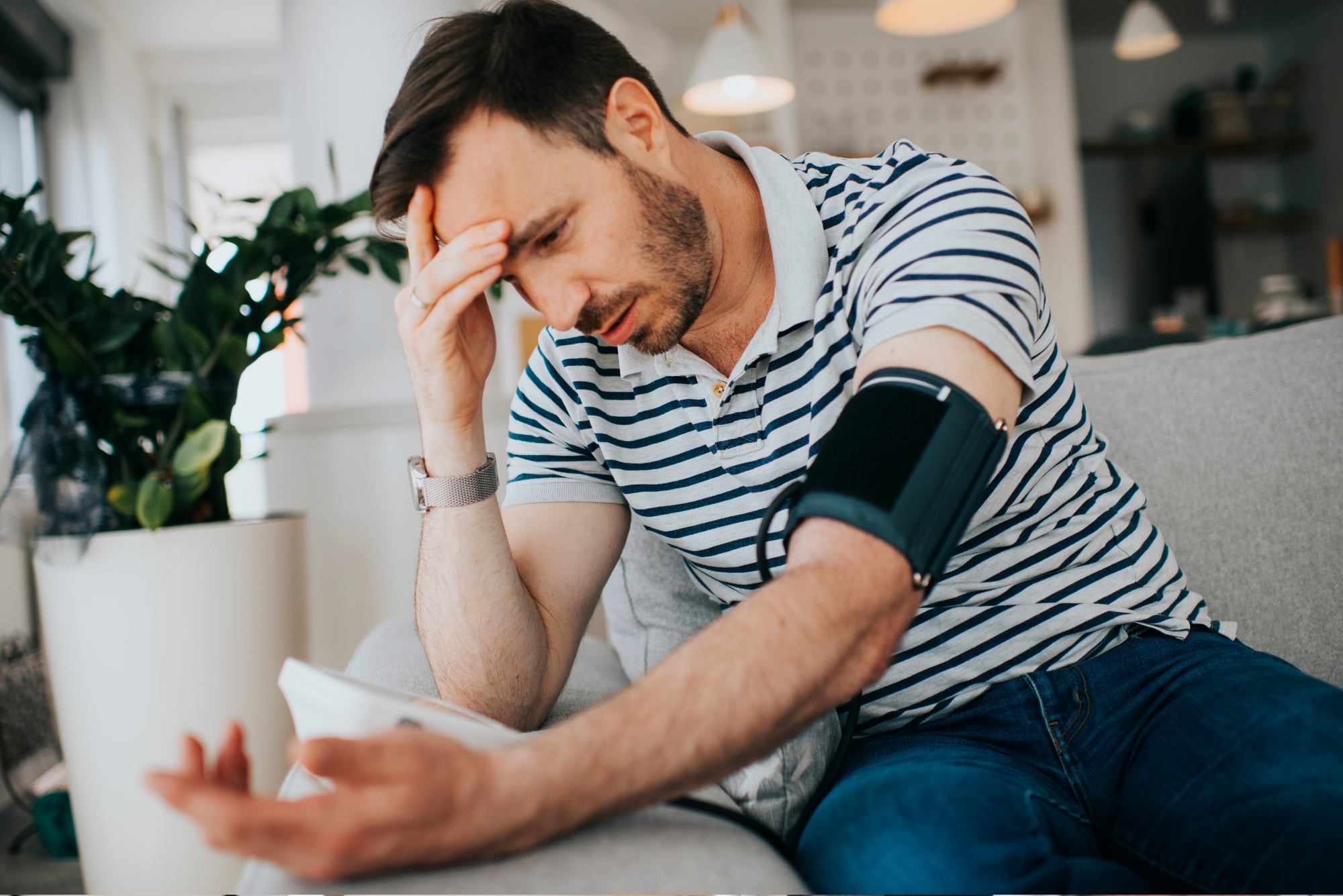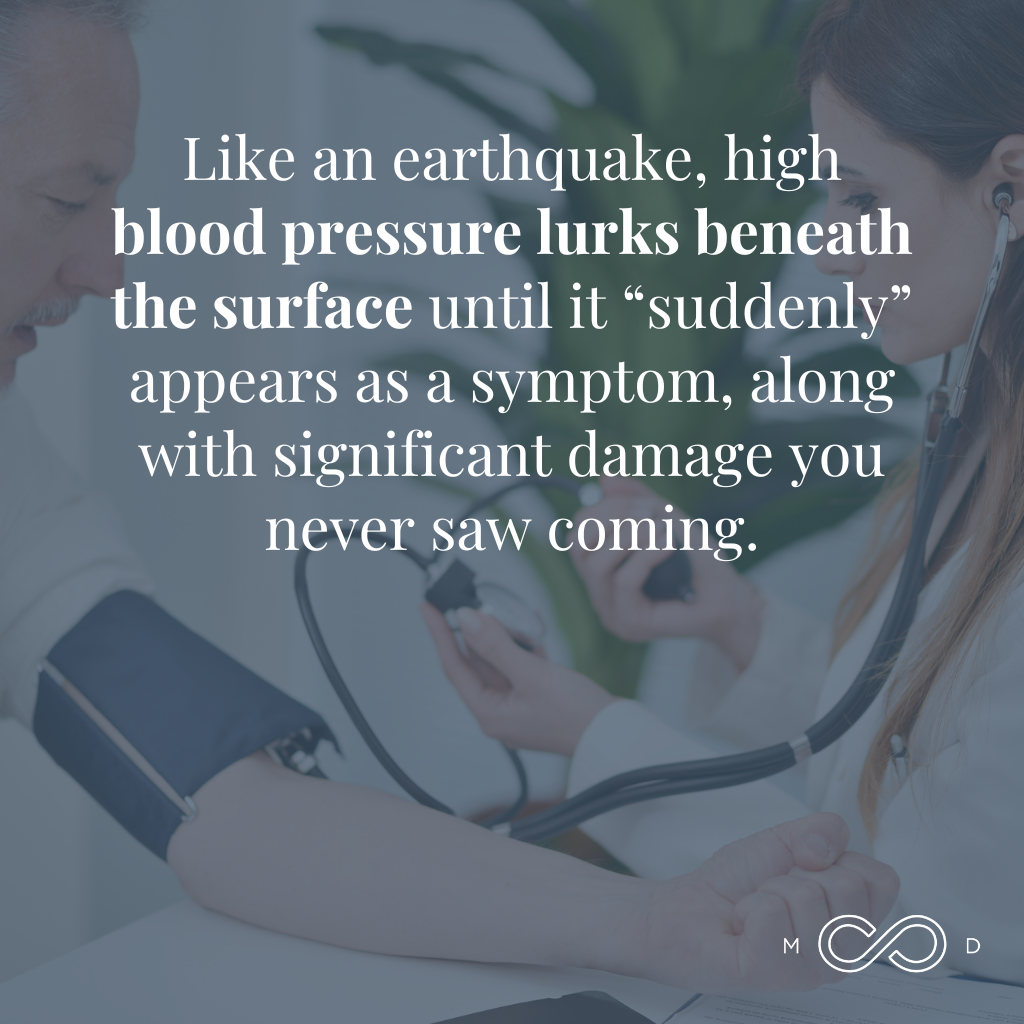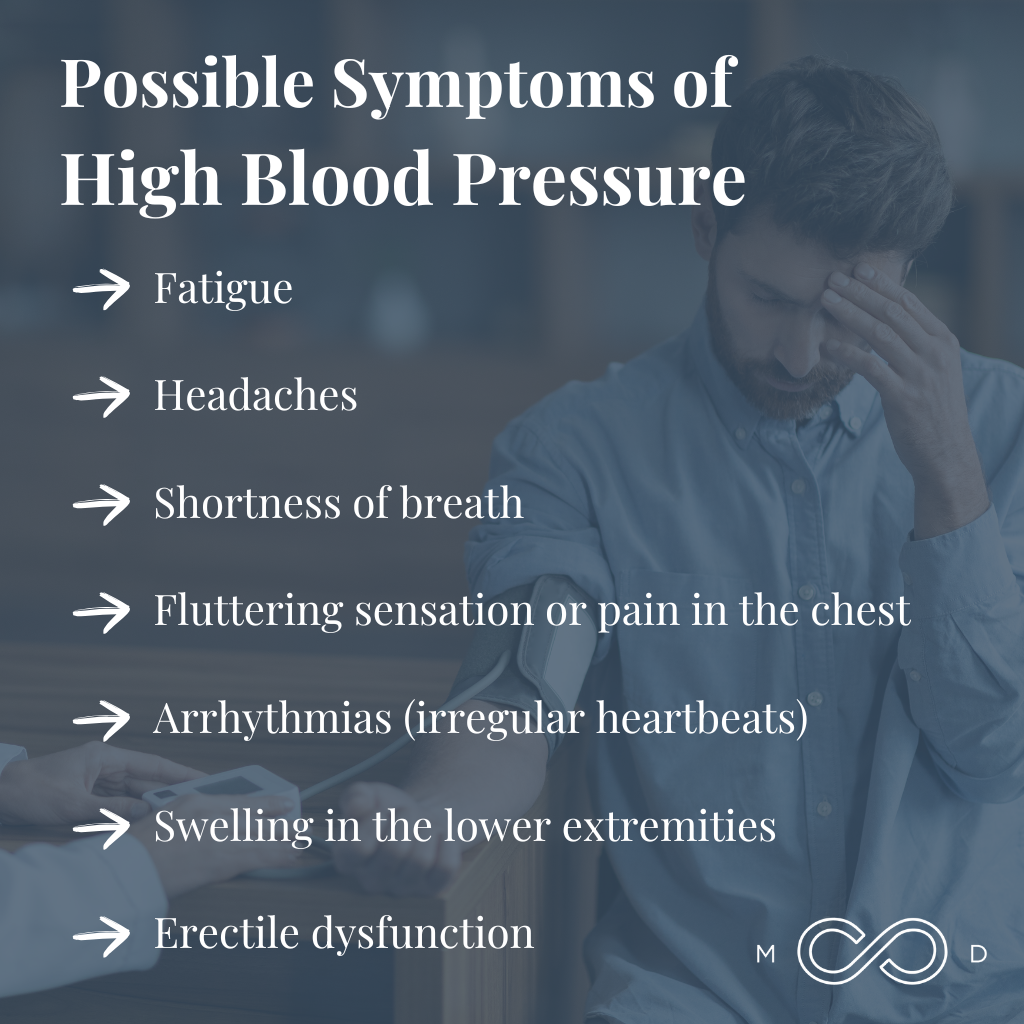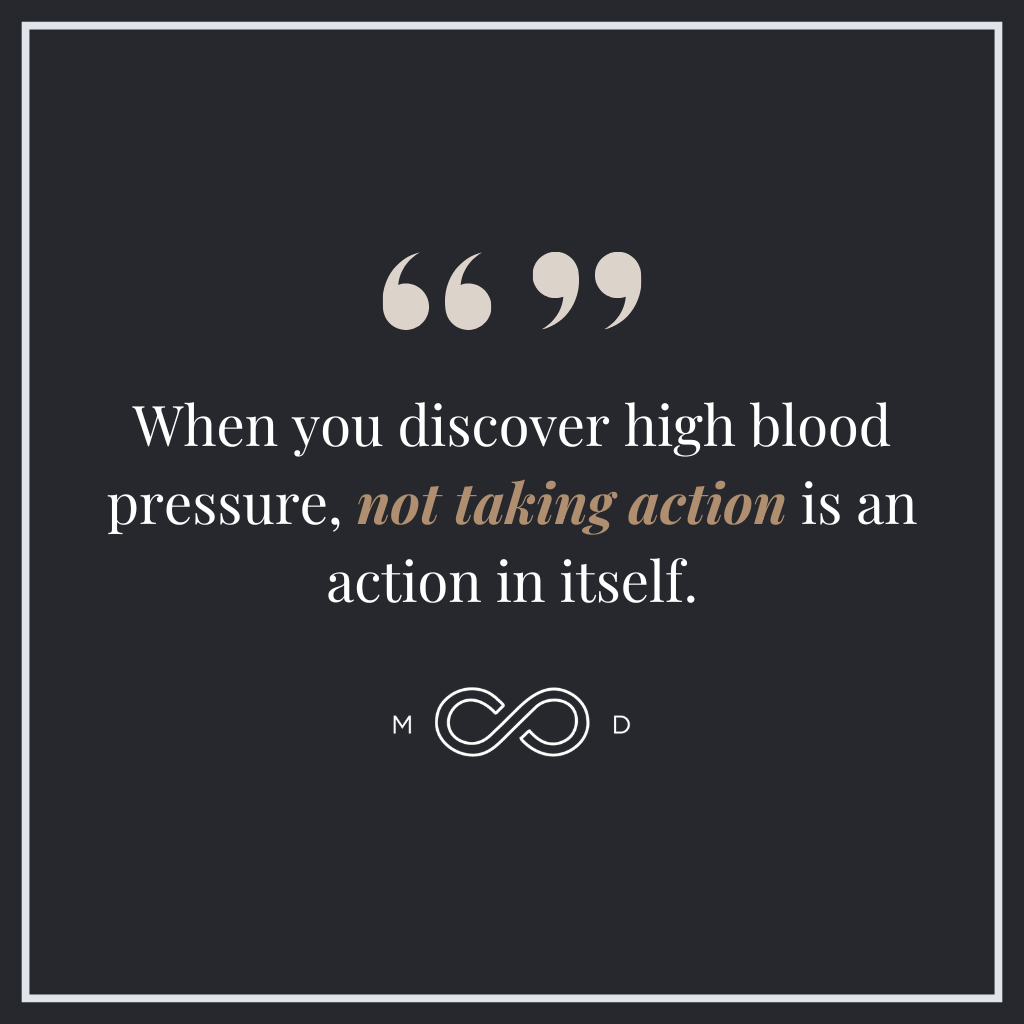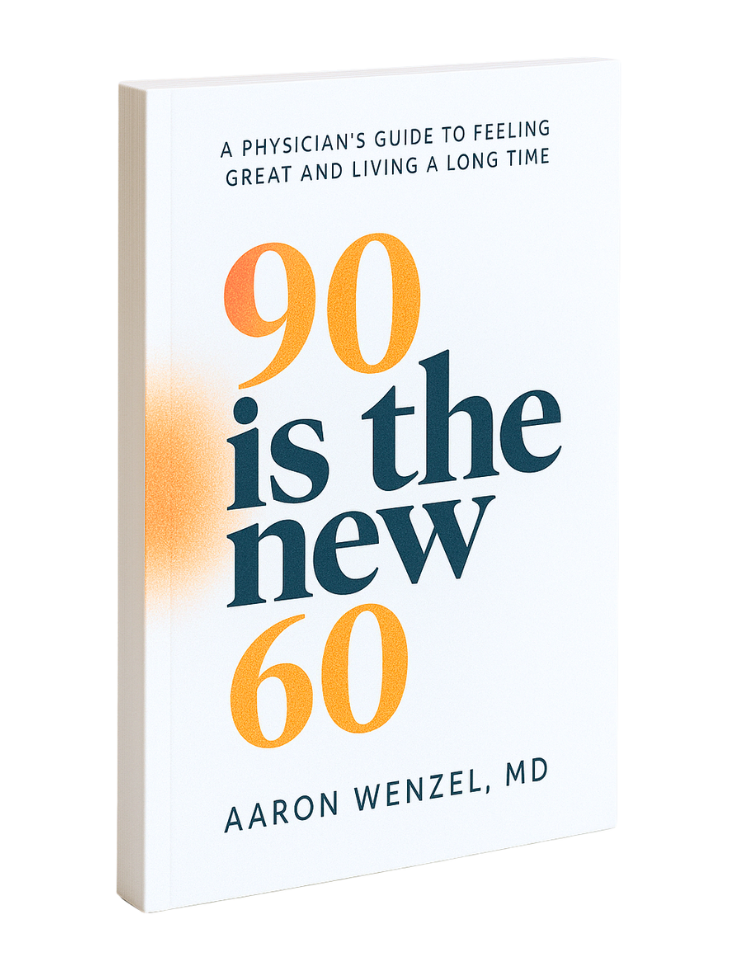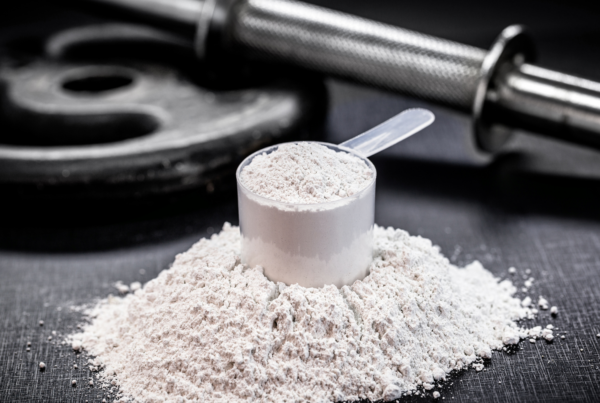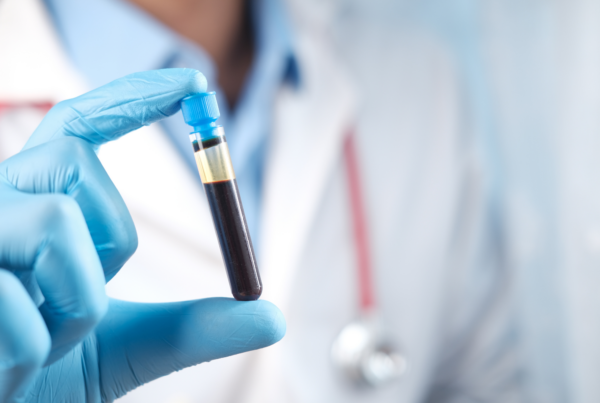If you’ve noticed yourself feeling more sluggish or fatigued lately, you may be wondering if your blood pressure is to blame. But does high blood pressure make you tired?
The short answer is yes, high blood pressure causes fatigue in some cases.
The longer answer is that high blood pressure doesn’t necessarily cause fatigue, which can stem from numerous other sources. Lifestyle factors like inadequate sleep, chronic stress, poor nutrition, or lack of exercise can be responsible. Other times, an underlying medical condition could be sapping your energy.
If you’re experiencing ongoing fatigue, it’s worth having a conversation with your doctor to identify the root cause. If you suspect high blood pressure is making you tired, I recommend scheduling that conversation with some urgency.
High Blood Pressure: Off the Radar
In medicine, we diagnose most issues based on symptoms. A patient comes in complaining of knee pain, and we respond with specific diagnostics in response to that symptom.
On one hand, the trouble with fatigue is that it’s a generalized symptom with many potential causes, and we don’t necessarily think of high blood pressure as fatigue’s obvious root cause. It is a legitimate symptom, however, and one you shouldn’t hesitate to bring up with your doctor.
On the other hand, the trouble with high blood pressure is that, in its early stages, it rarely causes physical symptoms. Most patients don’t “feel” any different than normal when their blood pressure readings start to creep up. Consequently, we usually discover a patient has high blood pressure through regular in-office monitoring, not because they come in with symptoms.
Many health conditions produce signs and indicators that hint at what’s coming. But high blood pressure only causes symptoms once it reaches concerning levels. As such, fatigue and other common symptoms are usually late-stage indicators that your blood pressure is high. In other words, you don’t know the problem is brewing until you’re amidst the damage.
It’s like the difference between a hurricane and an earthquake. With hurricanes, the wind picks up, the rain pours, and the storm builds. You have days to prepare while you track the forecast closely.
DOWNLOAD OUR FREE EBOOK
Concierge Medicine is the future of healthcare.
Learn more about this refreshing alternative to traditional primary care, and decide if it's right for you.
Key Considerations to decide...
Is Concierge Medicine Right for You?
Not so with earthquakes, which hit suddenly and without warning. There’s no chance to prepare — just to react once the ground starts shaking.
Like an earthquake, high blood pressure lurks beneath the surface until it “suddenly” appears as a symptom, along with significant damage you never saw coming.
For this reason, I want to drive home a key point: Don’t wait to experience symptoms (like fatigue) before getting your blood pressure checked and, if needed, under control. Early detection and prevention are far more effective than attempting to clean up after a catastrophe strikes.
Under the Surface: What High Blood Pressure Does Over Time
Not too many people come into my office thinking they have high blood pressure fatigue if they’ve never received a hypertension diagnosis before. It’s usually after diagnosis that patients experiencing persistent tiredness ask questions like, “Does high blood pressure make you sleepy throughout the day?”
Why is that?
The most common symptom of worsening blood pressure is no symptom at all. But that doesn’t mean nothing’s happening.
Think of it like erosion. We don’t usually notice the gradual wearing of wind and dust on rocks. At any specific moment, it seems inconsequential. But when you visit Arches National Park, you suddenly appreciate the incredible power of small activity over time.
High blood pressure constantly exerts “small activity” on your blood vessels, changing their landscape not in days or weeks, but in years. And because it doesn’t cause symptoms at first, it doesn’t seem urgent, and it’s easy to ignore.
As you ignore it, though, chronic high blood pressure provokes low-grade inflammation within the delicate lining of your arterial walls. As part of the attempted healing process, scar tissue and plaque build up within the vessels. This plaque accumulation, coupled with inflammation, leads to stiffening and narrowing of the blood vessels.
Initially, these vascular changes are mild enough not to impede blood flow. But eventually, rigid, clogged blood vessels struggle to deliver adequate blood supply throughout the body. That deficit leads to tissue and organ damage, and, especially in the major organs of the heart, brain, kidneys, and liver, we begin to see disease occur.
This is when symptoms, such as high blood pressure and fatigue, start to appear.
So, like erosion wearing down rock, high blood pressure wears down your system over time. And, unfortunately, much of the damage isn’t reversible once it reaches later stages.
When Symptoms Do Show Up
So, does high BP make you tired? If your blood pressure remains uncontrolled for long enough, yes, this symptom can eventually surface, along with others. Some of the common symptoms that crop up with long-standing, uncontrolled high blood pressure include:
- Fatigue
- Headaches
- Shortness of breath
- Fluttering sensation or pain in the chest
- Arrhythmias (irregular heartbeats), like atrial fibrillation
- Swelling in the lower extremities
- Erectile dysfunction
If you’ve reached this point and your symptoms are definitively tied to high blood pressure, your risk of major health outcomes like heart attack, stroke, dementia, or kidney disease is much higher.
But this doesn’t mean there’s nothing you can do. It just means you’ve moved beyond the prevention stage and into management (and reversal, if possible). I recommend seeing your doctor promptly to discuss the best next steps you can take for your situation.
Take the Proactive Road
When it comes to high blood pressure, the earlier we identify, monitor, and start taking preventative measures, the better. Prevention is much easier and more effective than correction or reversal.
A few high blood pressure readings on a cuff may not seem threatening without any accompanying symptoms. Plus, the idea of taking medication, especially for a “silent” problem, isn’t appealing to many people.
But, as you’ve seen, high blood pressure seizes every second you give it to wear away at your body. How you respond in your 30s and 40s sets the stage for your health in the coming years.
How to Respond to High Blood Pressure
If you’ve ever dabbled in garden or lawn care, you know how frustrating weeds are. You also know how much more effective it is to pull a weed in its infancy, before it establishes roots or spreads seeds. When you don’t, that little weed just grows bigger and more stubborn as time goes by.
When you discover high blood pressure, not taking action is an action in itself. It allows the problem to progress, becoming more entrenched and stubborn, and potentially more challenging to treat. Where you once needed one medication, you now need two — or perhaps a specialist, intensive testing, or invasive interventions.
If you’d like to avoid high blood pressure symptoms like fatigue and chest pain, not to mention the more serious health outcomes, make the effort to be proactive today.
Get your blood pressure checked regularly and discuss it with your doctor. Take the time to understand your numbers and learn what levels deserve attention. When you notice new symptoms like daytime tiredness or fatigue, don’t let them go unaddressed.
If you already have a high blood pressure diagnosis, prioritize working with your doctor to keep levels under control through appropriate lifestyle adjustments and/or medication. Doing so provides your best insurance policy against debilitating illness in the future.
The takeaway here? Don’t discount high blood pressure just because you’re symptom-free or because your symptoms are mild. Accept elevated levels as the threat they are and work with your doctor to tame them.
High Blood Pressure Fatigue: Final Thoughts
While it isn’t the first symptom most people associate with high blood pressure, fatigue and general tiredness can indicate hypertension. So, if you’re concerned you might be experiencing high blood pressure fatigue, talk with your doctor.
But even if you’re not feeling tired and you suspect you have elevated blood pressure, start a conversation so you never have to experience that symptom in the first place.

Dr. Wright joined Brentwood MD in 2022 as the model allows him to spend more time connecting with patients and build a foundation of exceptional care. He is a Nashville native and completed his family medicine residency at the University of Tennessee Health Science Center, where he also served as Chief Resident. He believes that your health deserves a prominent position on your priority list, and would be honored to serve you and your family.



